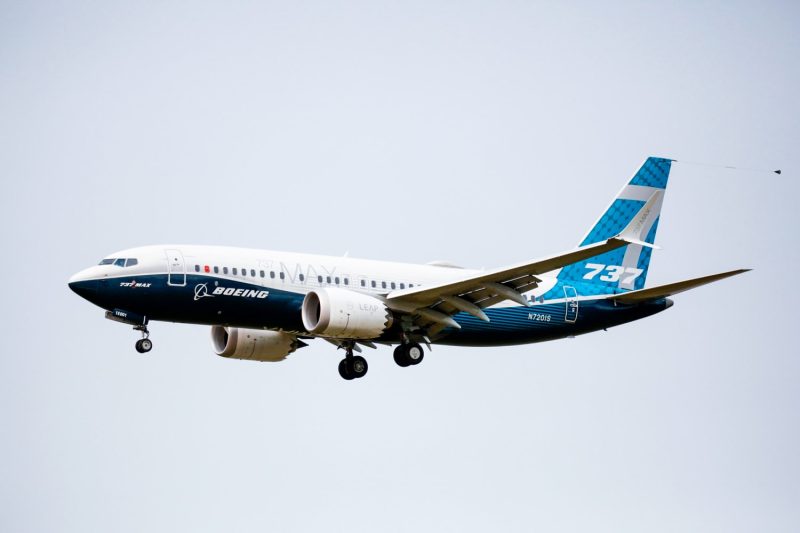The recent court ruling rejecting Boeing’s proposed plea deal related to the 737 Max crashes has brought renewed focus on the accountability of corporations for safety failures. The plea deal would have required Boeing to admit criminal misconduct connected to the two catastrophic crashes in 2018 and 2019, which claimed the lives of 346 people. The court’s decision to reject the proposed settlement underscores the complexity of holding corporations responsible for their actions and the significance of transparency and justice in the aviation industry.
One of the essential aspects of the court’s rejection of Boeing’s plea deal is the emphasis on accountability and justice for the victims and their families. By dismissing the proposed settlement, the court has shown a commitment to ensuring that those responsible for the crashes are held accountable for their actions. This decision sends a powerful message that corporations cannot evade consequences for safety failures that result in tragic loss of life.
Moreover, the court’s ruling sheds light on the importance of maintaining public trust in the aviation industry. The 737 Max crashes not only resulted in significant loss of life but also eroded confidence in Boeing as a manufacturer and in regulatory bodies overseeing aviation safety. By rejecting the plea deal, the court signals that transparency and accountability are crucial in rebuilding trust in the aviation industry. This decision underscores the need for corporations to prioritize safety and integrity in their operations to regain public confidence.
The court’s decision also highlights the challenges of prosecuting corporate misconduct and the limitations of plea deals in addressing systemic issues. While plea deals can provide a resolution to legal proceedings, they may not always fully address the underlying causes of safety failures. The rejection of Boeing’s proposed settlement raises questions about the effectiveness of such agreements in promoting accountability and preventing future incidents.
Moving forward, the court’s decision to reject Boeing’s plea deal serves as a catalyst for reform in the aviation industry. It emphasizes the importance of stringent safety regulations, independent oversight, and a culture of accountability within corporations. By holding Boeing accountable for its failures, the court sets a precedent for ensuring that safety remains a top priority in the aviation sector.
In conclusion, the court’s rejection of Boeing’s plea deal tied to the 737 Max crashes underscores the importance of accountability, transparency, and justice in the aviation industry. This decision sends a clear message that safety failures resulting in tragic loss of life must not go unpunished. It also highlights the need for ongoing reforms to prevent similar incidents in the future and to rebuild public trust in the aviation sector.

